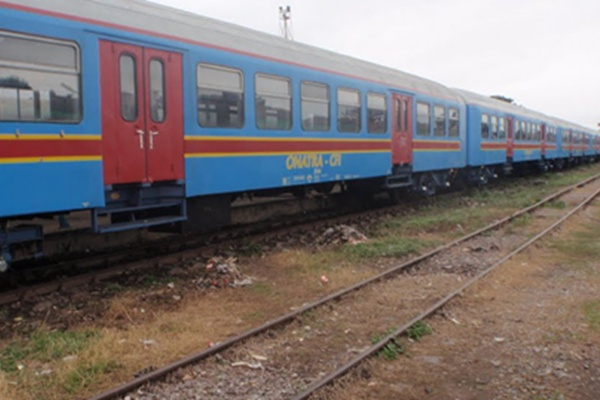The Democratic Republic of Congo (DRC) has launched an international call for partners to build a domestic train assembly and manufacturing plant.
The document, signed on Oct. 17, 2025, by Transport Minister Jean-Pierre Bemba, seeks private partners to set up assembly units capable of producing dozens of locomotives and wagons each year. The project also calls for training and technology transfer to local engineers and technicians.
Planned as a 25- to 30-year public-private partnership (PPP), the initiative includes maintenance facilities, spare parts production, and vocational training.
Two sites are under consideration: Matadi, the country’s main Atlantic port, and Kalemie, a key railway junction in Tanganyika province.
The project marks a step toward developing a local railway industry in a country that relies heavily on imported rolling stock. While the government supports the plan, it faces major structural and financial hurdles.
Macroeconomic risks such as exchange-rate volatility, payment delays, and regulatory uncertainty could deter investors. Continued dependence on imported components also exposes the project to high logistical and financial risks.
Expected productivity gains could be constrained by a shortage of skilled labor, the absence of local subcontractors and integrated logistics, and persistent bottlenecks in energy, transport, and digital infrastructure.
By comparison, South Africa and Egypt built their railway industries only after decades of investment in technical training and industrial subcontracting.
According to the call document, the DRC has over 5,000 kilometers of railway lines, much of which is underused or non-operational, limiting the market’s current potential. The government, however, has begun rehabilitating national and regional rail corridors, including the Lobito Corridor linking Angola, Zambia, and the DRC, and the Tanganyika Corridor to Tanzania.
In September 2025, the government relaunched the 366-kilometer Kinshasa-Matadi line, reconnecting the capital with its main seaport and adding new rolling stock. The line is expected to be extended to the Banana deep-water port, now under construction, to strengthen both domestic and international trade.
If these projects succeed, they could ease mobility constraints in a country where roads and river transport remain overburdened by degraded infrastructure, congestion, outdated vessels, unmarked waterways, and frequent accidents that all continue to raise logistics costs and weaken economic competitiveness.
Pierre Mukoko










